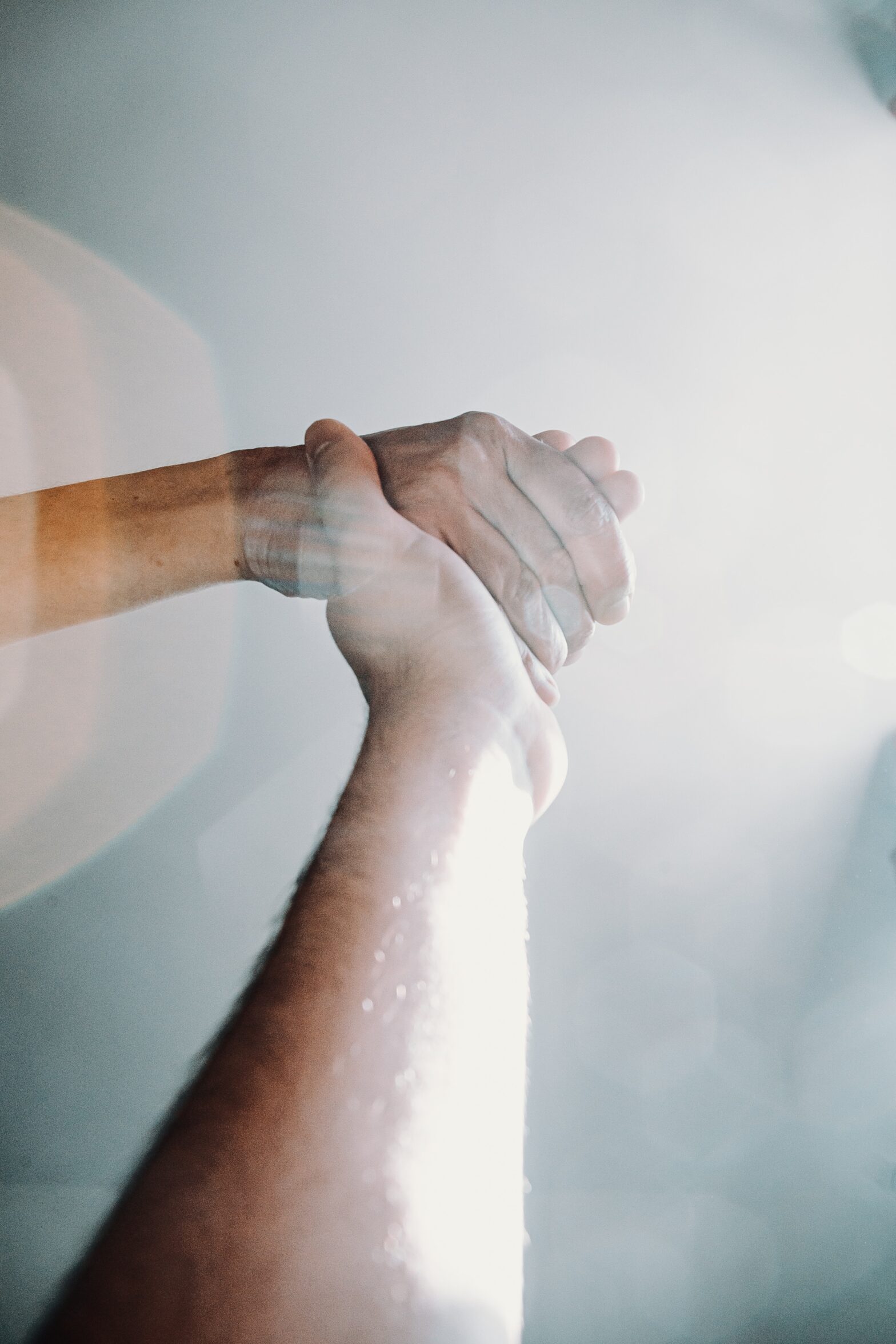Japanese researchers reveal that natural disasters can sway people’s willingness to help others in surprisingly nuanced ways, providing a roadmap for fostering post-disaster unity and resilience.
Researchers reveal that natural disasters can sway people’s willingness to help others in surprisingly nuanced ways, hinting at a complex interplay of altruism and social engagement. These insights provide a roadmap for fostering post-disaster unity and resilience.
Does a natural disaster alter the very fabric of social interactions? A recent study conducted by researchers from the University of Tokyo, Hitotsubashi University and NLI Research Institute delves into this complex question, investigating whether such traumatic experiences influence our tendency to lend a hand—our ‘prosocial’ behaviour.
The researchers found that exposure to disaster can indeed influence prosocial behaviours—but in strikingly nuanced ways. They used the catastrophic 2011 Great East Japan Earthquake, the country’s most powerful earthquake ever recorded, as their testing ground.
In the study, they examined how the level of home damage, used as a measure of disaster exposure, influenced the number of New Year cards sent by residents—a cultural yardstick for measuring goodwill. Their findings were published in the journal Scientific Reports.
In the Iwanuma City in Miyagi Prefecture, an increase in home damage led to a substantial decrease in the average number of cards sent, reflecting a drop in prosocial behaviour. A similar pattern emerged in the town Futaba in Fukushima Prefecture, but only among residents aged 65 and older. Surprisingly, for Futaba’s younger crowd, a seemingly counterintuitive result emerged: disaster damage seemed to inspire a rise in goodwill.
What accounts for these diverse responses? The researchers zeroed in on two potential drivers: altruism and repeated social engagement, or ‘self-enforcements’.
They found that altruism, the inclination to act for the benefit of others, could dwindle after a disaster, resulting in a drop in prosocial behaviour. On the other hand, repeated social contact, like workplace interactions, could keep this decline at bay, according to Yasuyuki Sawada, the study’s lead and corresponding author.
This study offers fresh insights into the less explored social impacts of disasters. The research team merged quantitative data with a perceptive understanding of social behaviour to provide a broad-based view of how catastrophes impact communities. Furthermore, by distinguishing prosocial behaviour directed towards acquaintances from those involving strangers, the study provides a more granular picture of how disasters can potentially reshape social dynamics.
However, the researchers acknowledged some limitations. For instance, those with a present bias, or who favour immediate gratification, were found to be less prosocial.
Looking ahead, the research team intends to validate their findings in the context of other disasters, from economic crashes to biological crises such as the COVID-19 pandemic.
Such research offers a crucial first step in understanding how disaster strikes at the heart of social behaviour, underscoring how such events can both sow discord and foster unity. As climate change continues to intensify both the occurrence and severity of natural disasters, these insights become increasingly valuable, arming policymakers with the knowledge to build resilient and united communities in the wake of calamities.


